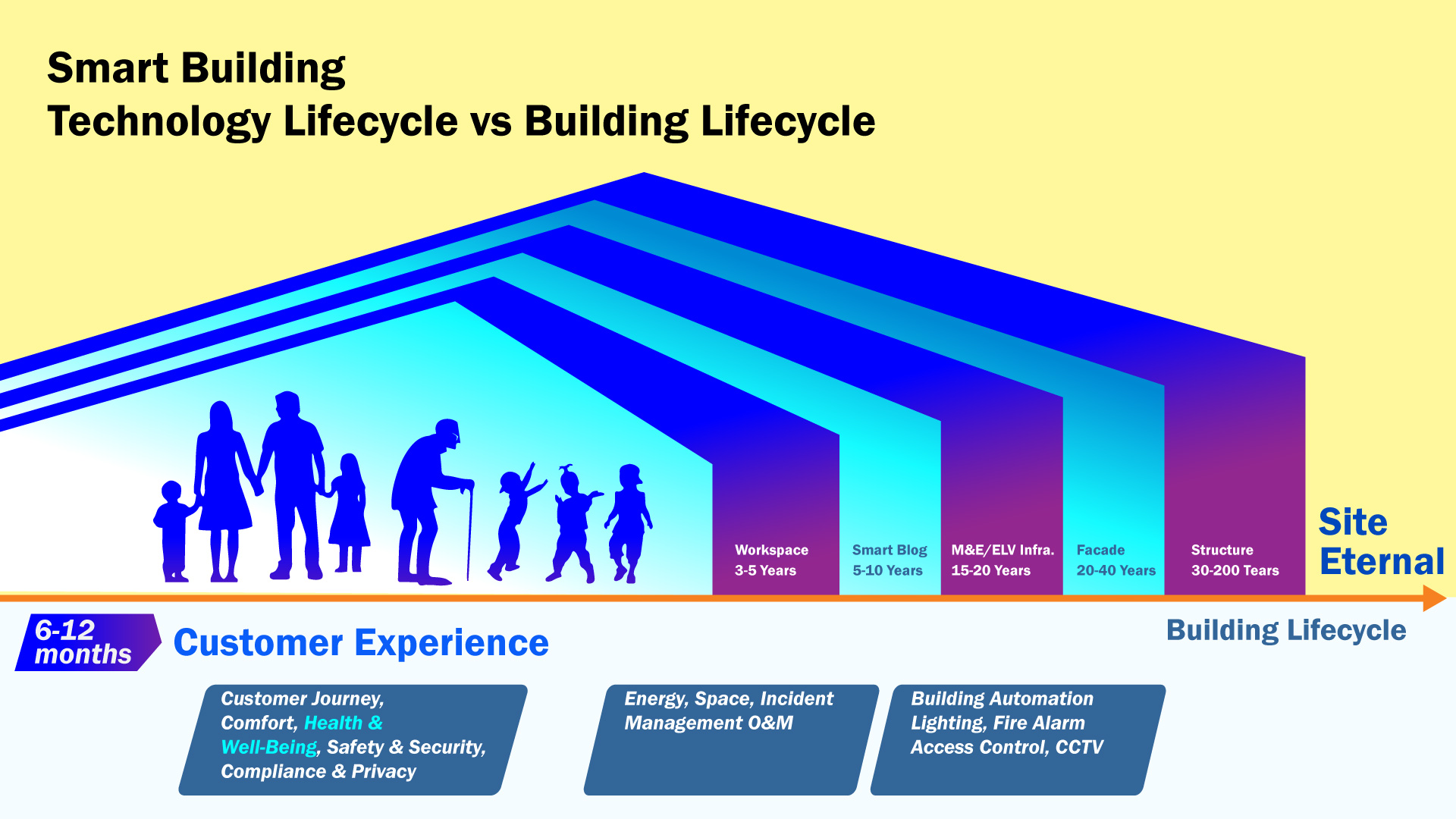Hari Gunasingham
Thursday,22 December 2022
Smart Buildings / Smart Technology / SustainabilityEven though Smart Building solutions are easily accessible, there are several reasons behind commercial properties not being transformed into Smart Buildings
Smart Buildings support the integrated and automated operation of building systems to significantly improve building performance, sustainability, resilience, and occupant experience. However, despite their enormous potential, less than 5% of Grade A commercial buildings and less than 1% of all buildings are Smart Buildings.

One reason for this paltry uptake is the cost and complexity of implementation and maintenance. Smart Building solutions require a diverse range of specialised systems and applications, such as access control, building automation, video surveillance, energy management, car parking, concierge, room booking, and visitor management, to name a few. However, these systems and applications are meant to operate in silos and are supplied and installed by different vendors. Getting them to work together seamlessly is where much of the challenge lies.
Finally, the increasing focus on the occupant and visitor experience requires constant updates to technology, which many may find difficult to stay up to date with.
Therefore, while Smart Building solutions may be widely available, getting the economics of Smart Buildings right is key to their widespread adoption.

Reimagining and democratising the design, implementation and life-cycle management of smart building systems and applications (Part 1)What is needed is a technology that can handle the diversity of smart building systems and applications, data and processes, but at the same time is simple enough to implement and operate. We have been working on this problem

Contemporary Smart Building solutions require building systems that ensure ease of use and efficient integration The foundation for Smart Building solutions has been the Integrated Building Management System (IBMS), which has continued for many years. Whereas the IBMS is good at aggregating point data from building systems, it is not well suited to handle the

Even though Smart Building solutions are easily accessible, there are several reasons behind commercial properties not being transformed into Smart Buildings Smart Buildings support the integrated and automated operation of building systems to significantly improve building performance, sustainability, resilience, and occupant experience. However, despite their enormous potential, less than 5% of Grade A commercial buildings